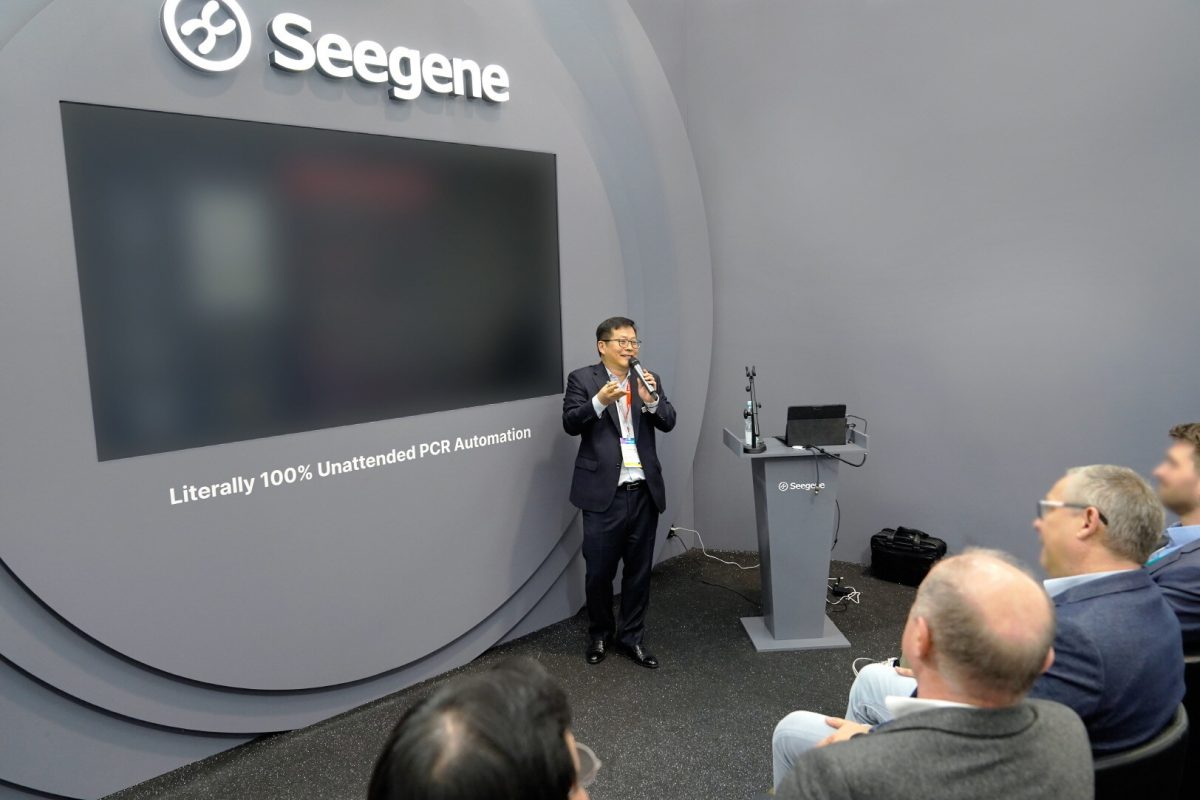PathPresenter, the global image sharing platform for pathology, announced today a new enterprise workflow platform that empowers biorepositories and databanks to share imaging data with other institutions, AI companies, pharma, and industry for biomedical research. The scalable and secure cloud-based platform makes the imaging data easily available to researchers and provides smart tools to maximize collaborative research for the ultimate benefit of patients and donors. By adopting the PathPresenter platform, biorepositories and organizations have a unique opportunity to generate a return on investment for their digital pathology infrastructure.
Watch a video overview of the new research platform by PathPresenter founder, Dr. Rajendra Singh, here.
Biorepositories play a crucial role in the collection, storage, and delivery of high-quality biospecimens to researchers, while providing honest brokerage services for de-identification of these biospecimens. This facilitates the sharing of knowledge among institutions and promotes meaningful translational biomedical research. The emergence of digital pathology has opened new possibilities for leveraging biorepositories by enabling the sharing of imaging data for research purposes. With the growing use of digital slides in research, these data banks play a vital role in data distribution. However, there has been a lack of well-established, standardized workflows that facilitate the easy distribution of data, collaboration among researchers, and user-friendly tools for working with whole slide images in research.
PathPresenter’s scalable and secure cloud-based digital workflow platform empowers biorepositories to establish next generation repositories of whole slide images. Managed by the organization, PathPresenter allows biorepositories to upload whole slide images along with de-identified tissue metadata such as diagnosis, tumor grade, treatment information, and outcome data. It then provides administrative tools that enable researchers from anywhere in the world to register for access. Once vetted and approved by the organization, research users can search and utilize the data stored in the repository. The platform provides powerful search capabilities that allow researchers to enter specific criteria to find relevant datasets for their research. The data can be downloaded or aggregated in private folders for online research, including the ability to define regions of interest, add annotations, incorporate metadata, and even deploy AI modules. PathPresenter offers features to manage user roles and permissions, such as viewing, editing, or deleting annotations, as well as tools to audit annotator progress. Researchers can build entire research projects on the PathPresenter platform, as well as test AI models without exhausting limited biospecimens.
An early adopter of the PathPresenter research platform was the Food and Drug Administration (FDA) which used it to centralize the collection of tumor infiltrating lymphocytes in breast adenocarcinoma for the validation of de-novo AI technologies. For more information see here: https://www.fda.gov/media/148912/download.
Recently, the Midwestern division of the Cooperative Human Tissue Network (CHTN) and PathPresenter have collaborated to establish an innovative tissue repository. The main goal of this collaborative project is to build an elastic compute cloud-based infrastructure and scalable workflows, ensuring easy accessibility of data to researchers. Additionally, the project aims to provide intelligent tools that enhance collaborative research, with the ultimate objective of utilizing the data to benefit patients and donors.
“The biobank of the future requires not only the collection and timely delivery of high quality biospecimens for researchers, but also simultaneous annotation and de-identification of these biospecimens that can be easily accessible to the research community,” said Dr. Anil Parwani, Principal Investigator for the Midwestern division of CHTN. “We chose PathPresenter as our workflow platform due to a combination of factors, including the tried and tested nature of the viewer, its cloud-based infrastructure to enable easy scaling, tools to centralize collection of annotations and sharing of images, embedded AI that can be released to members as needed, and the flexibility of the platform for customization to the needs of CHTN.”
“PathPresenter has always been focused on creating efficiencies and value for pathology departments/organizations and truly becoming the center of personalized care for our patients,” added Dr. Rajendra Singh, co-founder of PathPresenter. “Our ‘smart’ data distribution workflow is another step in the same direction that will allow biorepositories hosted by pathology departments to securely share data with multiple researchers and help enhance research.”
